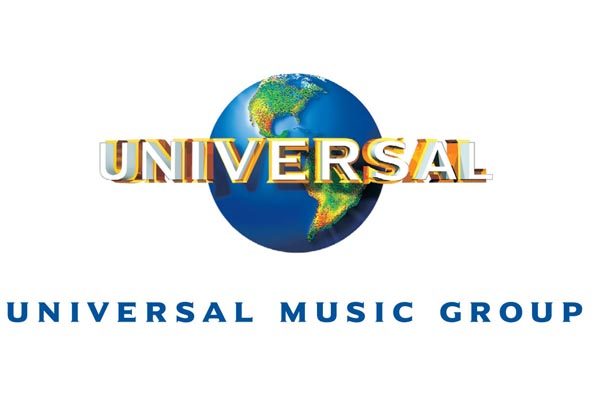

A judge has dismissed a lawsuit put forward by the bands Hole and Soundgarden, alongside the estates of Tupac and Tom Petty, regarding a 2008 warehouse fire, which destroyed a number of recordings by those artists and many others.
Last year a report put forth by the New York Times asserted that over 500,000 recordings by multiple artists such as Aretha Franklin, Ray Charles, Gladys Knight, Elton John, Janet Jackson, No Doubt, Nine Inch Nails, Chuck Berry, Buddy Holly Guns N Roses and Snoop Dog had been destroyed by that warehouse fire on the Universal Studios backlot. During the next months, more artists such as Soundgarden, Nirvana, Beck, Sonic Youth, Blink-182, Eric Clapton and Weezer were revealed to have lost recordings. The report also claimed that the company initially under reported the losses caused by the fire, which was also alleged in the lawsuit.
The two bands and the two estates who put forth the lawsuit alleged that the company did not do enough to stop the fire, and that they hid the extent of the destruction from the artists while simultaneously pursuing litigation and insurance claims to recoup their losses from that material, further alleging that the company had took in settlement proceeds and insurance claims valued at $150 million. UMG have dismissed this claim, and have heavily disputed the report since its publishing.
“Judge Kronstadt’s decision fully dismisses the Soundgarden litigation and entirely rejects the only remaining plaintiff’s arguments,” a representative for UMG said. “As we have said all along, the New York Times Magazine articles at the root of this litigation were stunning in their overstatement and inaccuracy. As always, we remain focused on partnering with artists to release the world’s greatest music.”
Four out of the five plaintiffs in the original suit had dropped the case, with only Petty’s widow Jane Petty remaining in her suit. The judge ultimately ruled that UMG was not obligated to pay Petty as the company owned the lost master recordings, and his contract did not have any specific details entitling him revenue from the company’s insurance claims.
Howard King, one of the attorney’s representing the plaintiff’s submitted a statement to Pitchfork in response to the ruling, criticizing their reporting of these losses. “Universal claimed 17,000 artists were affected by the fire when they were suing for damages. Now that they face a lawsuit by their artists, they claim a mere 19 artists were affected. This discrepancy is inexplicable,” King explained.
